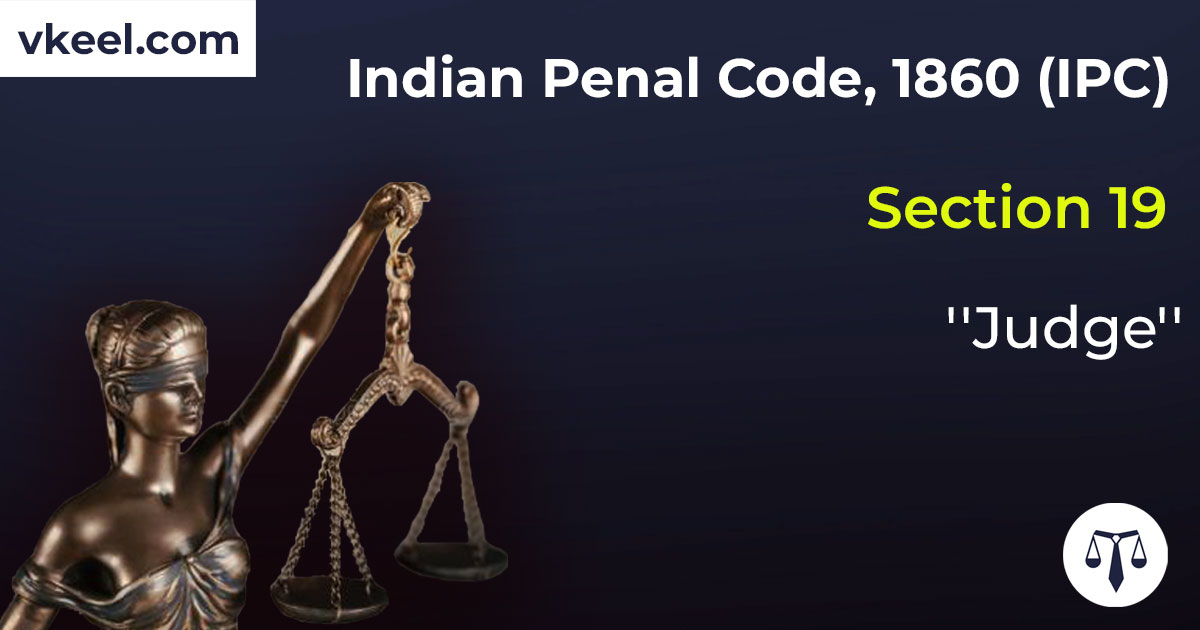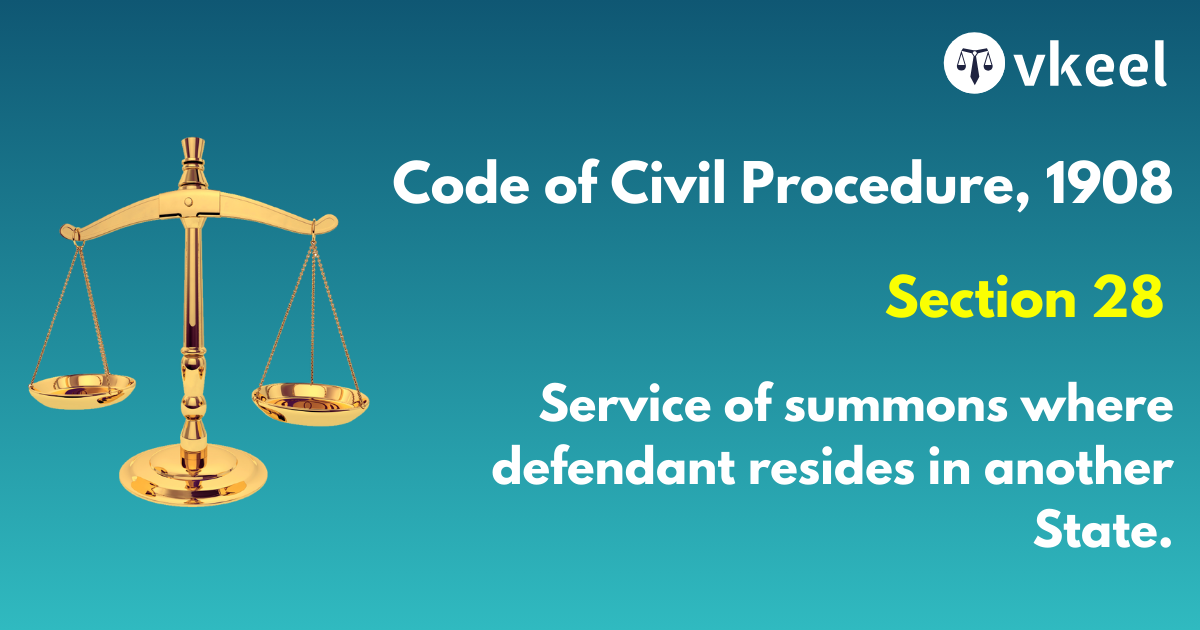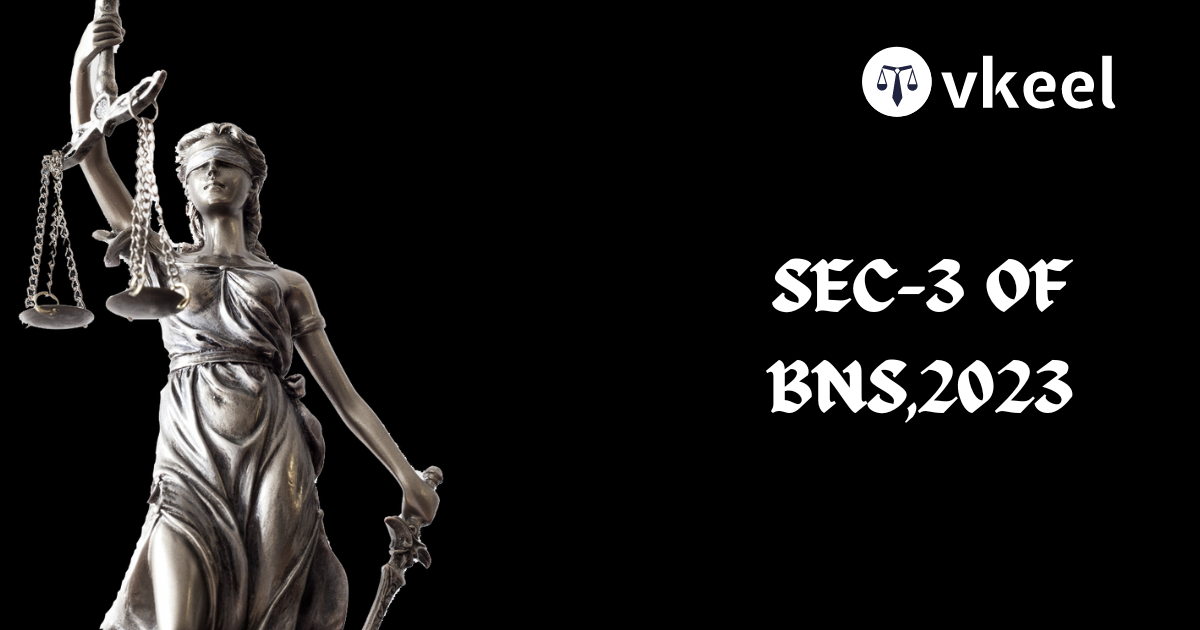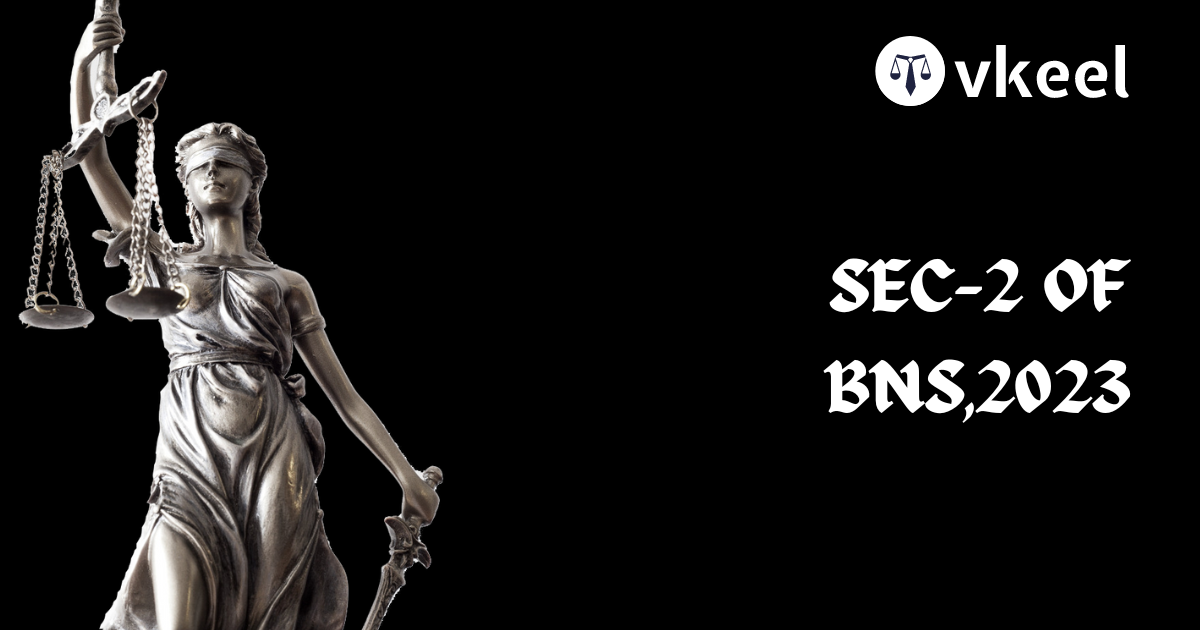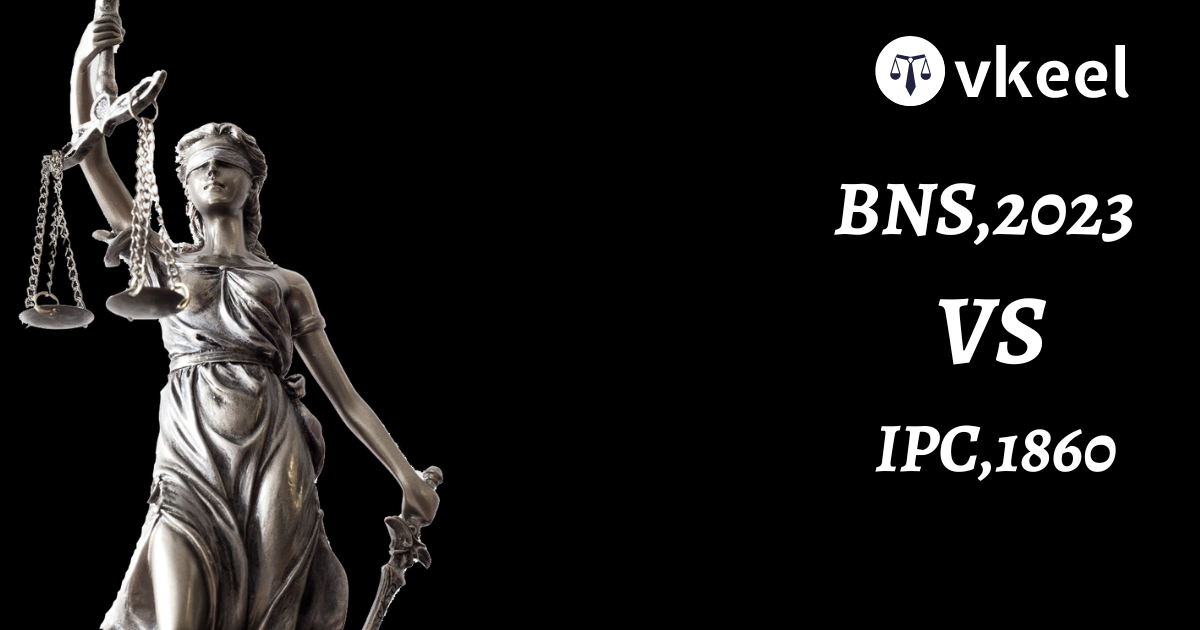Section 19 Indian Penal Code 1860 (IPC) – “Judge”
By Vkeel Team
Table of Contents
Description
“Section 19 Indian Penal Code 1860 (IPC)”
The word “Judge” denotes not only every person who is officially designated as a Judge, but also every person.
who is empowered by law to give, in any legal proceeding, civil or criminal, a definitive judgment, or a judgment which, if not appealed against, would be definitive, or a judgment which, if confirmed by some other authority, would be definitive, or
who is one of a body or persons, which body of persons is empowered by law to give such a judgment.
Illustrations
(a) A Collector exercising jurisdiction in a suit under Act 10 of 1859, is a Judge.
(b) A Magistrate exercising jurisdiction in respect of a charge on which he has power to sentence to fine or imprisonment, with or without appear, is a Judge.
(c) A member of a panchayat which has power, under 1Regulation VII, 1816, of the Madras Code, to try and determine suits, suits, is a Judge.
(d) A Magistrate exercising jurisdiction in respect of a charge on which he has power only to commit for trial to another Court, is not a Judge.
Introduction
Section 19 of the Indian Penal Code (IPC) defines the term “Judge.” It is a crucial term that appears in several sections of the IPC, and it is important to understand its meaning to interpret the law correctly. In this article, we will discuss the definition of a judge under section 19 of the IPC, its scope, and its relevance in criminal law.
Definition of a Judge
According to Section 19 of the IPC, a “Judge” is a person who is empowered by law to give a judgment or a decree. In simpler terms, a judge is someone who has the authority to decide a legal dispute and provide a verdict. This definition includes all persons who hold judicial offices, whether they are judges, magistrates, or any other judicial officer.
Scope of the Term
The term “Judge” is used in several sections of the IPC, such as sections 219, 220, 221, and 228. These sections relate to offenses committed by or against judges and the punishment for such offenses. For example, Section 219 deals with public servants who are unlawfully influenced by judges. Section 220 deals with the punishment for committing offenses against judges or public servants who are performing their duty.
Relevance in Criminal Law
In criminal law, the role of a judge is critical as they are responsible for determining the guilt or innocence of an accused person. Judges must remain impartial and consider only the evidence presented before them when making a decision. If a judge is found to have acted in a biased or prejudiced manner, it can lead to a miscarriage of justice.
In India, the judiciary is independent of the executive and legislative branches of government. This separation of powers ensures that judges can make decisions without interference from other branches of government. The judiciary is also responsible for interpreting the law and ensuring that it is applied correctly.
Conclusion
In conclusion, the term “Judge” under Section 19 of the IPC is a crucial term in criminal law. It includes all persons who hold judicial offices and are empowered to give judgments or decrees. The term is used in several sections of the IPC, and its scope includes offenses committed by or against judges. Judges play a critical role in criminal law as they are responsible for determining the guilt or innocence of an accused person. The independence of the judiciary is essential in ensuring that justice is served fairly and impartially.
1. Rep. by the Madras Civil Courts Act, 1873 (3 of 1873).
Desctiption Source: indiacode
Disclaimer:
The information provided in the article is for general informational purposes only, and is not intended to constitute legal advice or to be relied upon as a substitute for legal advice. Furthermore, any information contained in the article is not guaranteed to be current, complete or accurate. If you require legal advice or representation, you should contact an attorney or law firm directly. We are not responsible for any damages resulting from any reliance on the content of this website.

